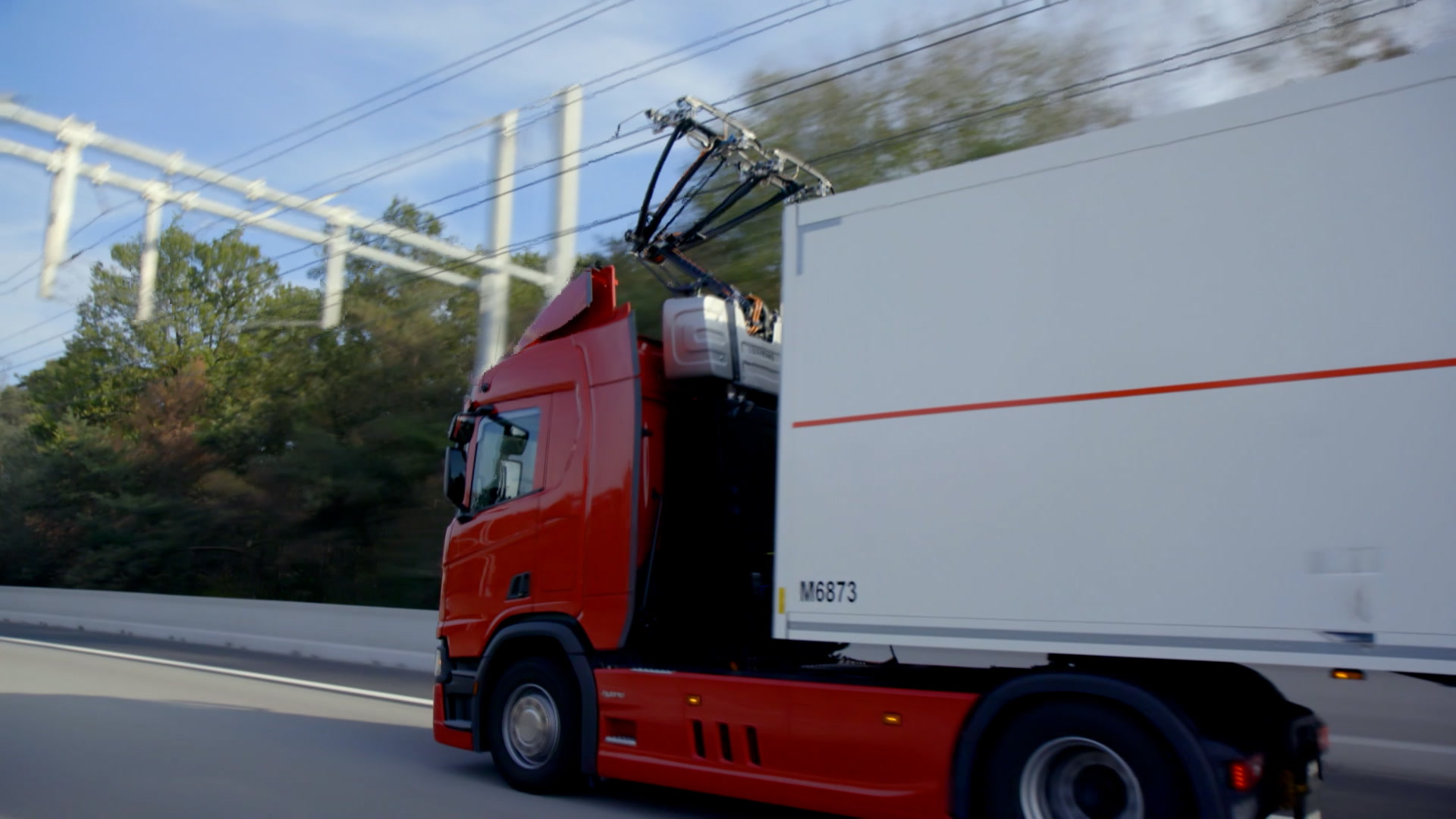This chart shows where water and food supply are a major concern

The war in Ukraine has shown us just how fragile global supply chains truly are. Image: Unsplash/Claudio Schwarz

Get involved with our crowdsourced digital platform to deliver impact at scale
Stay up to date:
Ukraine
- Global supply chains are fragile due to the war in Ukraine and this is affecting food security, which is causing price increases for countries worldwide.
- A survey showed 54% of respondents in South Africa considered food and water security one of the biggest challenges to their country.
- Meanwhile, in the US, around 27% of respondents said that it is a key concern.
The war in Ukraine has shown us just how fragile global supply chains truly are. The delivery of wheat, which is essential for the food security of communities in many parts of the world, was particularly affected, and has had a knock on effect in other countries, pushing up prices and exacerbating earlier crises through food shortages. Add to that the worsening impacts of climate change, and the questions of water and food security have become an imminent concern in a growing number of countries around the world.
Data from Statista’s Global Consumer Survey shows that more than half of the respondents (54 percent) in South Africa considered food and water supply one of the biggest challenges to their country, followed by around 40 percent in Mexico and 33 percent in Brazil. Food and water security is also a worry in Europe, with around one in five people citing it as a serious concern in the UK, France and Spain. Meanwhile, in the U.S., around 27 percent of respondents said that it is a key concern. Like many other countries, this past summer the U.S. experienced widespread droughts.
The United Nations World Climate Conference (COP27) is currently underway in Egypt’s Sharm El-Sheikh, and will run from November 6 - 18. More than 100 world leaders and thousands of participants are meeting to discuss ways to respond to the climate emergency, covering questions of climate reparations through to food security.
What is the World Economic Forum doing to help ensure global food security?
Don't miss any update on this topic
Create a free account and access your personalized content collection with our latest publications and analyses.
License and Republishing
World Economic Forum articles may be republished in accordance with the Creative Commons Attribution-NonCommercial-NoDerivatives 4.0 International Public License, and in accordance with our Terms of Use.
The views expressed in this article are those of the author alone and not the World Economic Forum.
Related topics:
The Agenda Weekly
A weekly update of the most important issues driving the global agenda
You can unsubscribe at any time using the link in our emails. For more details, review our privacy policy.
More on Supply Chains and TransportationSee all
Robin Pomeroy, Emanuela Orsini and Sophia Akram
April 30, 2024
Maria Mexi and Mekhla Jha
April 30, 2024
David Victor and Joisa Saraiva
April 29, 2024
Nick Pickens and Julian Kettle
April 22, 2024







